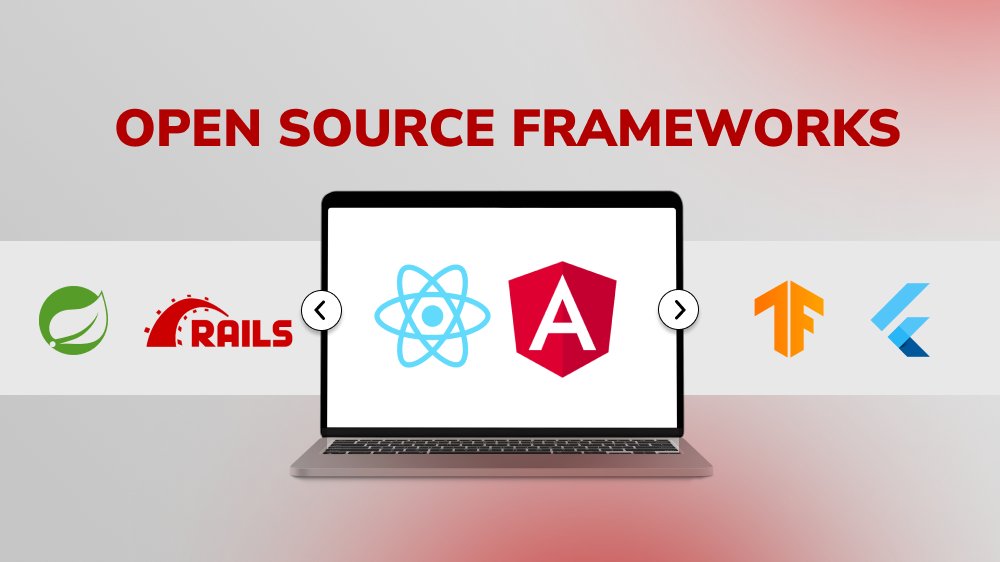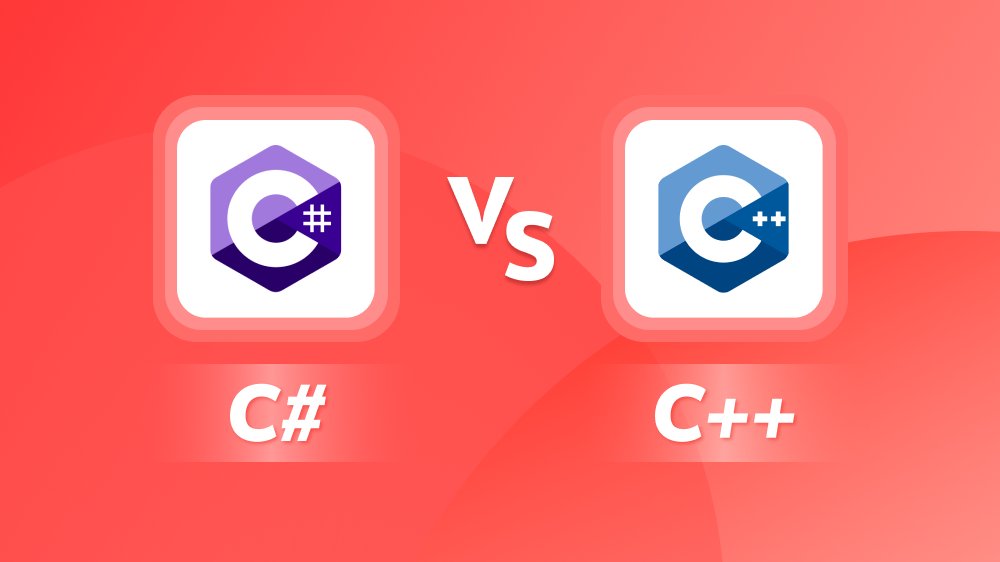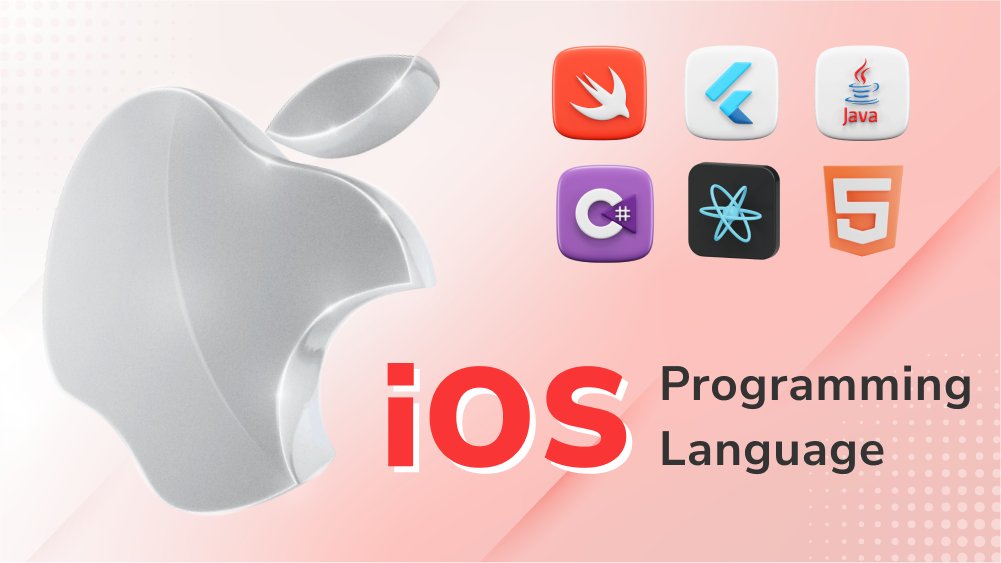
More Than Just a Programming Language: What Is C++ Used For?

Content Map
More chaptersC++ is not a mere programming language—it represents a fundamental building block of modern software systems. C++ was developed by Bjarne Stroustrup in 1985 and has transformed into a general-purpose programming language in many industries. As per recent reports in the 2024 Annual C++ Developer Survey, C++ continues to be the key part of the top ten dominant programming languages around the world. Due to its stability and its large standard library, it is widely used for developing high-performance applications.
In 2024, C++ holds a significant market share of 23% among programming languages, highlighting its continued relevance and adoption. Besides being critically important for system software, it is equally important in game development, financial systems, real-time systems, scientific computing, and many others. Although it has existed for several years, it still proves relevant as technology develops and its uses increase, hence making it a valuable tool for any programmer.
What is C++ used for? Let’s look at the versatility of C++ and discuss how this language forms the basis of everything from operating systems to high frequency trading platforms. Identifying the various uses of C++ helps people comprehend why this programming language is still useful in the world that is constantly growing and developing in terms of technology.
Operating Systems Programming

C++ plays a pivotal role in system-level programming due to its ability to combine high-level abstraction with low-level hardware manipulation. This makes it an ideal choice for developing operating systems (including mobile operating systems), device drivers, and embedded systems. C++ provides the necessary tools to manage system resources effectively while enabling developers to create software that can interact closely with hardware components.
Examples of C++ in Operating Systems
C++ is extensively used in several prominent operating systems and related applications. For instance, both Linux and Windows incorporate C++ in their kernel and system libraries. In Linux, C++ is often used for developing system utilities, libraries, and even parts of the kernel itself. The language’s efficiency and low-level capabilities allow Linux to maintain its reputation for performance and flexibility.
On the Windows side, Microsoft has written many aspects of the operating system in C++. The Windows API, a set of APIs that allow an application to interface with the system, was originally created with C++ in mind. This enables developers to design applications that will fully utilize the features provided by the Windows OS but, at the same time, be very efficient.
Moreover, C++ is employed in the development of device drivers, the components that enable the operating system to interface with the hardware devices. Specifically, C++ is used in the field of embedded systems because this language exactly meets these requirements—the code created using it is efficient, lightweight, and small in size.
Why Is C++ Outstanding in System-Level Programming?
Compatibility with C Programming Language: Many existing operating system components and libraries are written in C language, and C++’s seamless integration with C code allows developers to leverage these resources without compromising performance. This compatibility also simplifies the transition for programmers familiar with C.
Generic Programming and Other Features: Generic programming allows the programmer to design code that can be used to work with many types of data, which in turn makes it both flexible and effective. Additional facilities such as object-oriented programming, templates, and exceptions offer a rigorous environment for governing the intricacies of system-level solutions.
Comparison with Other Programming Languages: Today, C++ is still widely used for the development of operating systems. It’s worth noting that some other languages, such as Rust, has started to gain popularity in the more recent years. The emphasis on security and parallelism has brought Rust to the foreground as a viable contender for some kernel activities. However, the fact that C++ is already well established, has rich libraries, and writes faster compared to Java makes it ideal for many operating system developments.
Game Development

C++ is widely used in the game development industry mainly because of its speed and effectiveness. Most advanced game engines leverage C++ to deliver extraordinary gaming experiences to users.
Popular Game Engines Using C++
The two most popular game engines that are built on C++ are Unreal Engine and Unity. Unreal Engine was created by Epic Games and is a resourceful and very flexible engine that has been used in the creation of numerous AAA games. It comes integrated with a visual scripting tool, physics engines, and efficient networking capabilities. While Unity, on the other hand, is more open-sourced and cheap, it is used by many indie developers. Yet it also supports C++; it also includes a scripting language known as C# for those who prefer managed code.
Examples of Games Developed with C++
The versatility of C++ in game development is evident in the variety of games and simulations created using this language. AAA games, with their complex graphics and intricate gameplay, benefit greatly from the efficiency and low-level control provided by C++. Indie games, on the other hand, often leverage the power of C++ to optimize performance on limited budgets and resources. Additionally, game simulations, which are used for training, education, and research, rely on the precision and performance of C++ to create realistic and immersive experiences. Some notable examples include:
The creativity of C++ in the development of games is evident through the various games and simulations developed using this language. AAA games, with their detailed graphics and advanced game mechanics, are well served by C++ due to its superior efficiency and fine-grained control. Indie games, in turn, can take advantage of the C++ engine’s capability to extract optimum gaming results using small budgets and resources. Moreover, games that can be used in training, education, and research activities, as well as for entertainment, require accurate execution of algorithms, which is provided by C++. Some notable examples include:
- AAA Games: Call of Duty, Battlefield, The Witcher 3: Wild Hunt, and Grand Theft Auto V.
- Indie Games: Celeste, Hollow Knight, Stardew Valley, and Undertale.
- Game Simulations: Cities: Skylines, Kerbal Space Program, and Euro Truck Simulator 2.
Scientific Computing and Data Analysis

The ability to handle complex calculations, manage large datasets, and interact with hardware makes C++ a valuable tool for researchers and data scientists.
C++ Applications in Computer Science
In the arena of computer science, C++ is often used to describe the algorithms needed for efficient data structures and performance. This sheer feature gives developers control over low-level memory handling, thus optimizing the handling and processing of data. For instance, the application of the C++ language can be in the use of algorithms for sorting and searching data, which may be important in programs that involve huge databases.
C++ is thus important in machine learning, mostly in cases where speed is of the utmost importance. Some of the libraries available that are more focused on C++ development are TensorFlow and Caffe, both of which offer APIs for model construction and training. These frameworks take advantage of C++ performance to perform computationally intensive tasks such as matrix computation and gradient calculation tasks rather than higher-level languages. The application of C++ in machine learning is especially beneficial when there is a need to put a model into production when latency and resource utilization are factors.
C++ Applications in Data Analysis
The C++ program also has immense capabilities of supporting the construction of complicated abstract data structures, which are very relevant in data analysis. For managing collections of data, Standard Template Library (STL) offers a variety of data structures like vectors, lists, and maps, which are mandatory for the programmer. This flexibility ensures that the developers can fashion solutions to other problems in the best ways possible, thus enhancing the scalability of the applications depending on the data size.
Furthermore, C++ helps develop high-performance algorithms for its operations. Its capabilities enable one to employ efficient numerical solutions, such as optimization, statistical analysis, and simulations. For example, using C++, it is possible to create Monte Carlo simulations or use such numerical integration techniques as the basis for various fields that include and exclude finance, engineering, and research.
Web Development
C++ is not normally considered to be a web development language as much as higher-level programming languages like JavaScript, Python, or Ruby, but it has a major function in server-side development, especially for performance-intensive applications. C++ can also be used as a tool for back-end services since it operates fast, can easily process a large number of requests, and can perform complex calculations. This includes processing information from web browsers, data management, and communication with the database. In situations where response time matters and resources have to be optimized, C++ provides impressive results, which are especially applicable for real-time applications, analytical computation, or any other complex calculation.
C++’s Use in Web Frameworks
C++ supports several web frameworks that enable the development of server-side applications. The most widely known framework is FastCGI, an enhancement of the original CGI, aimed at enabling web server applications in C++ to communicate more effectively. FastCGI allows for long-lived processes, which means that there isn’t a penalty for spawning new processes for each request made. This efficiency is especially advantageous in applications with high traffic because it optimizes response times and consumption of resources.
Another remarkable framework is Wt (pronounced “witty”), built for creating interactive web applications in C++. Wt offers a great amount of features, such as the widget-based environment for the application’s UI, integration with real-time updates, and excellent database support. It simplifies the management of the complexities of web pages by enabling developers to design interactive web pages as those of an application. This allows one to develop interactive modern web applications in C++ while utilizing the language that the developer already understands fully.
Other Applications
In addition to the applications discussed earlier, C++ is used in a wide range of other areas, including:
- Desktop applications: Several well-known desktop programs, including Adobe Photoshop, Microsoft Office, and the Mozilla Firefox web browser, are either partially or completely developed in C++. Due to its efficiency and capacity to create programs that can work with minimum modifications on other platforms, C++ is proper for the creation of intricate and full-featured graphical user interface applications.
- Compiler and interpreter development: Due to the richness of the possibility of C++, it is often used for creating compilers and interpreters for other languages. It is perfect for functions like code analysis, machine code generation, and enhancement of execution since it is efficient and does not need high-level control.
- Databases: Some of the most widely used databases today like MySQL, PostgreSQL and Oracle are mainly implemented in C++. The features of C++ such as its capacity for data handling, queries and direct interaction with hardware make it suitable for database development.
- Financial software: C++ is used in the financial sector for creating trading platforms, risk measurement, and management systems, and other important applications. Due to the upgraded performance and dependability, it can be used in calculations of complex financial operations and management of large data sets.
So, if you are planning to use C++ for your new project, you might want to turn to Orient Software, where you can get professional programming assistance to maximize the effectiveness of this powerful tool. We have a highly qualified programming team with many years of experience in C++ software, and we’re here to offer you not just the programming and coding services but also the planning, design, testing, etc.






